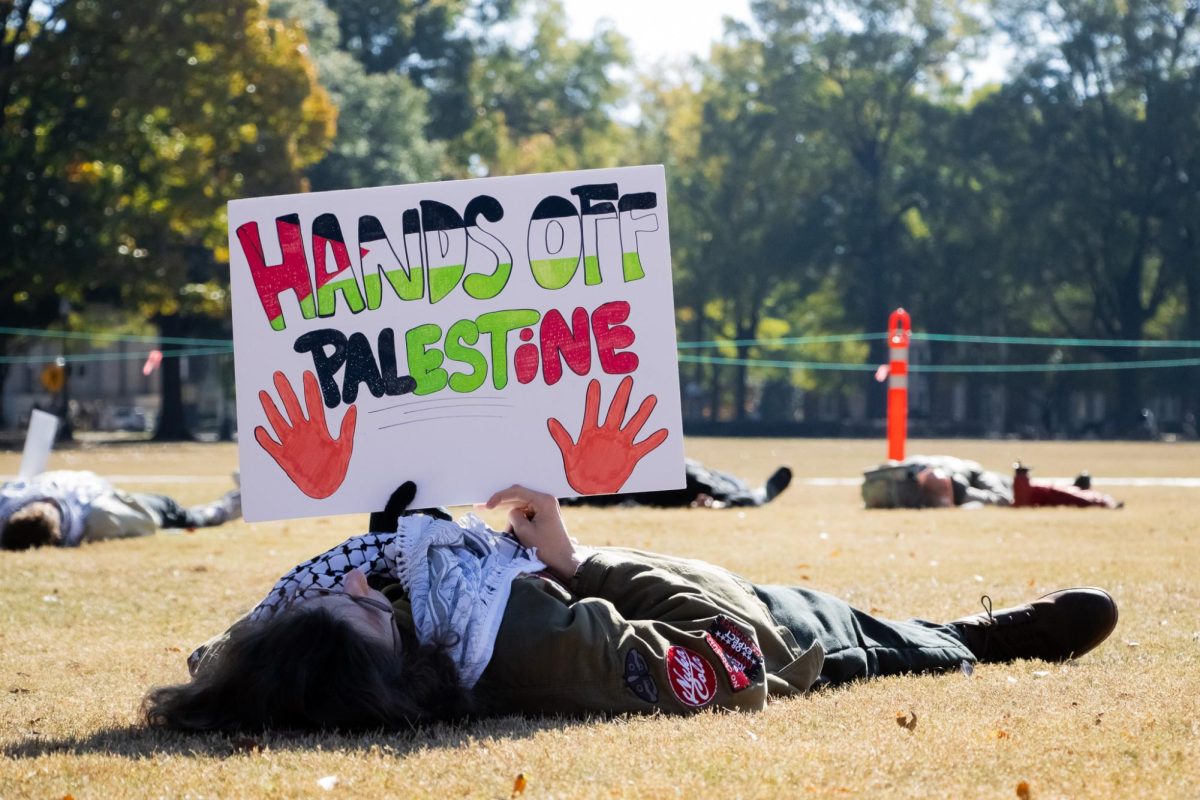By Caroline Murray and Corrin Mason
The Crimson White
Romantic relationships in college can be tumultuous. Seeing that picture on Facebook of one’s boyfriend with a girl in a very short skirt holding a solo cup can be enough to lead any couple to their ultimate demise. What happens when the girl, and everyone else in the picture, is a total stranger? What happens when the events pictured occurred hundreds, if not thousands, of miles away?
According to a study done by The Center for the Study of Long Distance Relationships, over four million non-marital relationships in America are long distance ones, and with technologies like Skype and Facebook, and with break-up rates no worse than proximal relationships according to the CSLDR study, these relationships show no signs of slowing in college students.
Many UA students are familiar with the joys and pains of long distance relationships, whether the distance is across the region or across the globe.
Elizabeth Abbott, a junior majoring in political science and international studies, began dating her boyfriend three years ago while she was still in high school and he was at Auburn. Her boyfriend is now serving as a Second Lieutenant in the U.S. Army 10 hours away in Missouri, but she said she is more confident in their relationship than ever.
“With any relationship, especially a long distance relationship, you have to trust your partner,” Abbott said. “Without trust, it will never last.”
Trista Dowdy, a junior majoring in elementary education whose long distance relationship did not ultimately work out, agreed that trust is crucial to social interaction when in a long distance relationship.
“I am a trusting and trustworthy person, so I still went out with my friends like I would have if I hadn’t had a boyfriend,” Dowdy said of the time she spent in a long distance relationship. “Neither of our social lives was really that affected by being together.”
According to another study done by the Journal for Personal and Social Relationships in April 2011, there are few differences between the overall stress level and quality of social interaction in long distance relationships and local ones. Casey Sanders met her German fiancé while she was in Spain. She said her relationship reflected the result of this study.
“I think our relationship has affected my social life the same way any other relationship would,” Sanders said. “For the most part it hasn’t changed that much.”
Long distance couples in college see each other on average every 23 days, according to a report published by the Association for Assessment in Counseling and Education. Many long distance couples like Sanders and her fiancé, who are separated by continents, use Skype frequently to help ease the difficulty of keeping the relationship alive over a distance.
“The longest we’ve been apart is three months,” Sanders said. “We Skype every day for at least an hour.”
Various studies have shown that chemicals like serotonin, dopamine and oxytocin, all of which have been proven to provoke positive feelings in relationships, are produced naturally in the body by physical interaction. Sarah Axley, a senior majoring in physics that was formerly in a long distance relationship, said being physically together provides a feeling Skype can’t.
“When you see someone you also have physical proximity, which triggers all those bonding instincts and emotions,” Axley said. “It’s kind of like the difference between going to a football game and watching it on TV.”
Stan Brodsky, a UA psychology professor, agreed that technology can only do so much for a relationship.
“When the couple have met briefly or through an Internet dating site and then are apart, they may have a loving and wonderful relationship through Skype or texting or calls,” Brodsky said. “However, that is not the same as being together in person. Once together for extended periods, it is common for these long-distance relationships that develop from a distance to fall apart.”
For Sanders, who made a commitment to her now fiancé only ten days after meeting him, spiritual signals played as large of role as biological ones.
“I wondered if I would ever see him again,” Sanders said about her thoughts in the beginning of the relationship. “I prayed a lot about it and got confirmation. I just trusted it would work out. It did, and I am so thankful.”
Brodsky said that long distance relationships are different for every couple.
“No single rule governs all long-distance relationships,” Brodsky said. “Some people are very good at deferring gratification and waiting comfortably until they are together. For other people, it is a continuous process of pain, distress, worry, loneliness and sometimes jealousy.”
Sanders said part of her relationship’s success is the mentality she and her boyfriend have about love.
“We both have the mentality of love being a choice,” Sanders said. “You choose this is what you want, and it doesn’t matter what comes along. You choose and you go with that.”
Though many long distance couples don’t work out in the end, Abbott is already over the one problem in her long distance relationship.
“Alex being an Auburn fan is the only thing wrong with him,” Abbott said. “God just has a sense of humor.”








